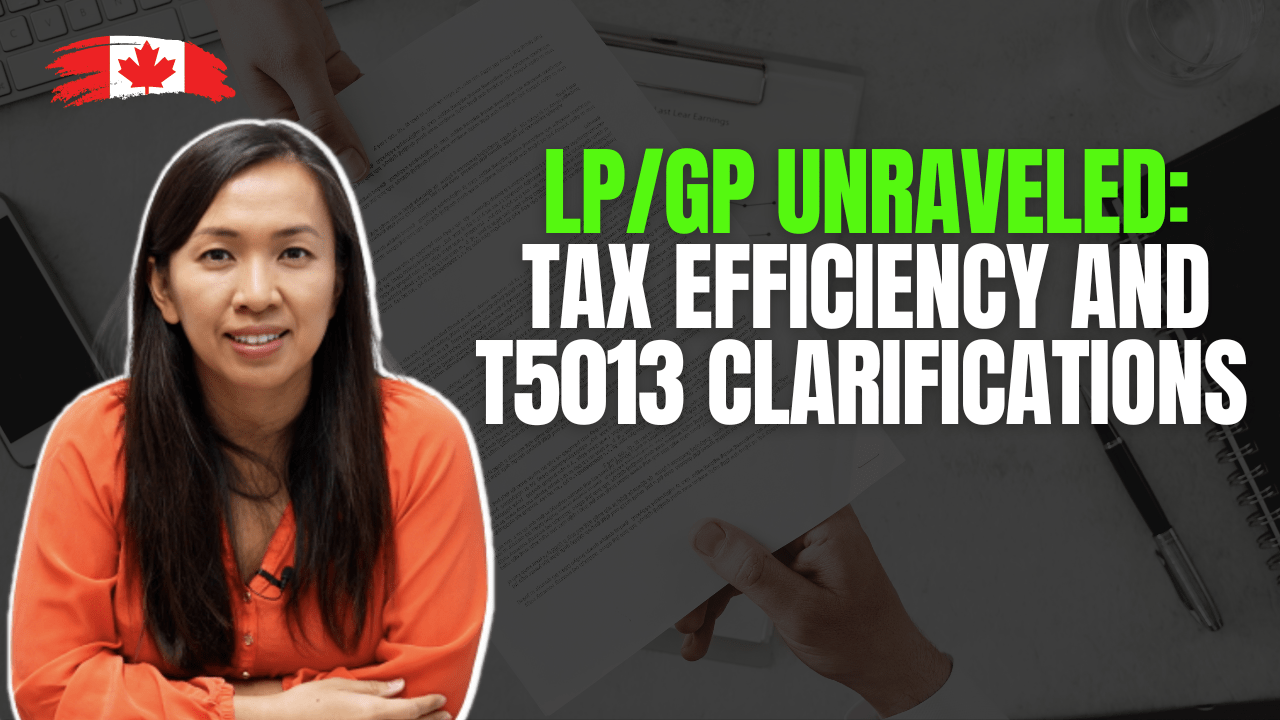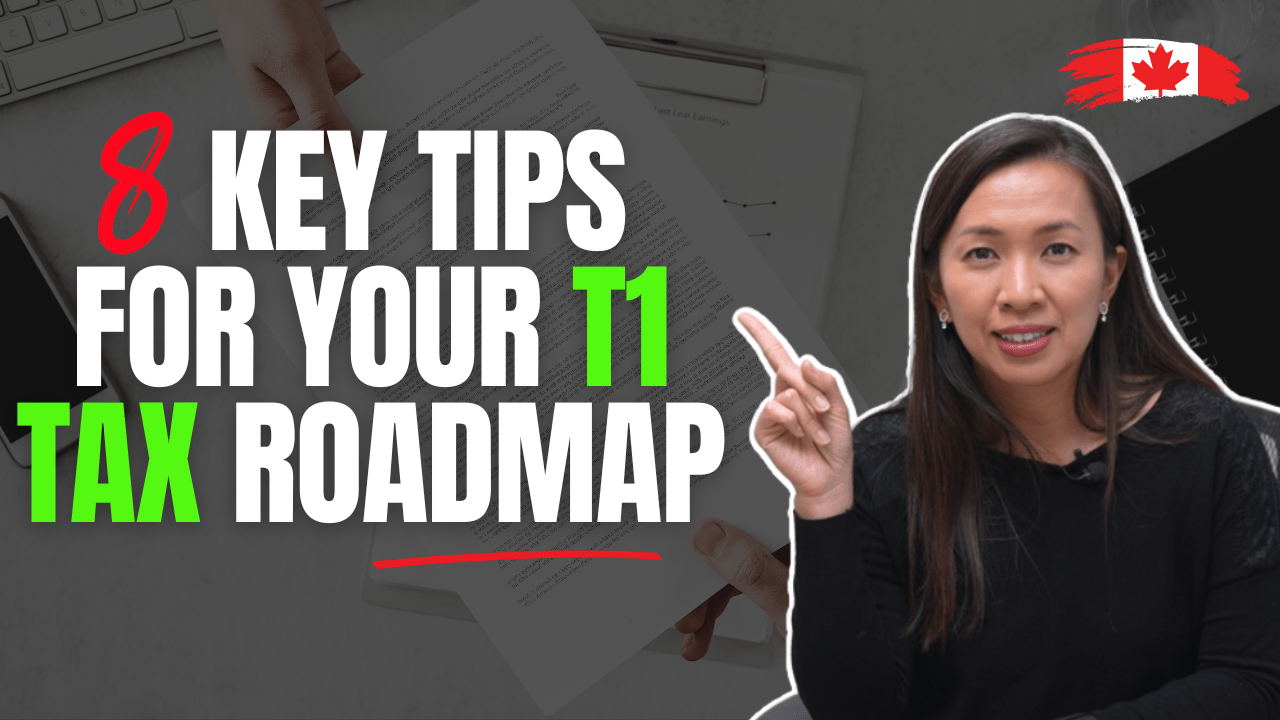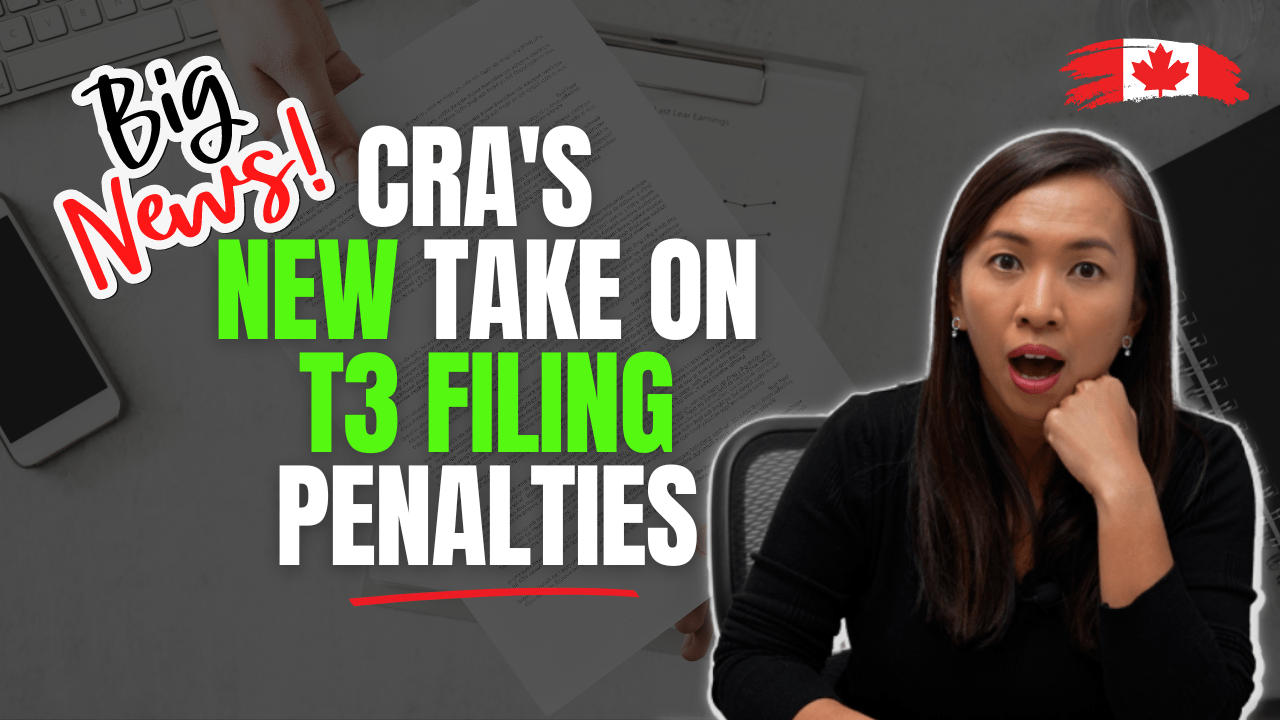In today’s blog, I’m going to be going over all the tax-related questions I’ve seen asked regarding building a new house from scratch. You might be looking into your local residential building contractors to see who can help you build your dream house, or you might just be curious to see if it’s worth investing in new-build properties. Whatever the reason for you being here, I wanted to tackle these questions because of something that happened to me recently.
November was a fun month. We attended my brother’s wedding in Hong Kong, and we got to spend a week with a bunch of close friends on a 7-day cruise.
As always, I’m incredibly grateful for the help of my team to allow me to take a long vacation.
We had a big group of 26 people travelled together. Some of us are busier than the others. One friend, who owns his business, even skipped a port, opted to stay on the ship to work.

These two land developers/builders we travelled with were extremely stressed out. They were getting their footing inspected, and concrete was poured in the ground. Perhaps the most worrying part was they hadn’t even begun to research roofing installation, replacement, and repairs yet. Yikes!
Of course, they have got to beat the weather or else their project could be delayed by a few months.
On top of these usual construction problems, they are trying to weigh the options to sell these new builds or keep them as rental properties. It’s a very important decision to make, so it should be done with a lot of care and thought. It would definitely take the pressure off selling it anyway. Do you know how much work that will entail? I’d rather not think about it, to be honest. Personally, I would find it really hard to sell a home I had put so much time and love into.
Here’re the high-level analysis they should pay attention to.
Option 1: Selling the property
HST impact
When you build a property from scratch for sale, you’re required to charge HST.
(For the record, if you substantially renovate an older property for resale, you’re also expected to charge HST.)
All the HST you have spent on buying materials and hiring contractors can be claimed against the HST you collect from the buyers.
If your buyers are moving into the property, they can also assign the residential rebate to you, lowering your HST liability.
Income tax impact
If you are in the business of building new houses, profit you’ve made from selling them is considered income. 100% taxable.
If you build a property for $500K, resell it for $750K, you make a profit of $250K.
$250K taxed in the corporation at 12.5% (assume you’re eligible to claim a small business deduction) is $31,250.
$250K taxed in a personal name would have been taxed at your marginal tax rate. Assume the marginal tax rate of 50%, tax payable is $125K.
Quite a bit of difference. Be sure to own this type of business in a corporation.
Tarion warranty on new build
Tarion warranty is not my specialty to be honest. A brief research on their website shows that most new builds for sale are covered under Tarion Warranty.
As a builder to sell newly constructed homes, you will need to get registered. This requires time and money.
Alternatively, you can also work with a builder that is already registered with Tarion.
Be sure to check with a knowledgeable expert in this field before selling. An illegal building can cost you as much as $100K and imprisonment.
Option 2: Keeping the property as a rental and sell it sometime later
HST impact when building your rental property
If you intend to rent out these new builds instead, you still have a similar amount of HST payable.
Administratively, you’re required to prepare a self-assessment based on the fair market value of the rental property.
This means that you’re required to pay HST if you build your own rental property!
You tell CRA how much it is worth, calculate the HST you would otherwise owe if you were to buy this brand new rental yourself.
You can claim the HST you pay to contractors, buying materials, etc. against the HST you owe from self-assessment and remit the difference to CRA.
Make sure you consider this HST impact when you decide to build a rental property.
Income tax impact
There’s no immediate income tax impact. You don’t have any tax payable until you sell the property.
Using the same numbers before, say you build the property for $500K and ultimately sell them for $750K, you make a capital gain of $250K.
Only 50% of the capital gain is taxable, i.e. $250K x 50% = $125K.
Some smart investors would ask, “is there a period of time that I need to rent it out so I can claim capital gain?”
It depends.
It’s a topic of another day!
Tarion warranty implication
Owner built homes are not covered under Tarion warranty. Building your own rental units is likely not covered by Tarion warranty.
This can save you a lot of time commitment and headaches.
Make sure you speak with someone to get a better understanding.
Other considerations:
Each option has its pros and cons.
If you do decide to rent it out, would the cash flow make sense for you to do so?
Can you get a mortgage on these houses?
What if you already have another project waiting to be developed and you need the cash flow?
How much time does it take you to be a registered Tarion builder? What about the $$$ commitment?
Sometimes, being registered is a long-term play, assuming you’re committed being a builder in the future.
Until next time, happy Canadian Real Estate Investing.
Cherry Chan, CPA, CA
Your Real Estate Accountant






Ming F Lim
Hey Cherry! Is there any changes to Option 1 if you’re building from scratch and selling a personal residence?
D ontario
Hi Cherry, thanks for the great article.
When you build a property for rental. You need to self-asses and pay HST 13%. If you sell the property later do you pay capital gains on the difference of price minus self-asses value, or price and build cost?
Example I build a small place for $250K. say I self -asses at $300K. a year later I sell for $350K. What is the capital gains on? $350K-$250K or $350K-$300K?
The other question is can I self-asses high but reasonably ($350K) and pay 13%, instead of paying capital gains equivalent to 25% a year from now?